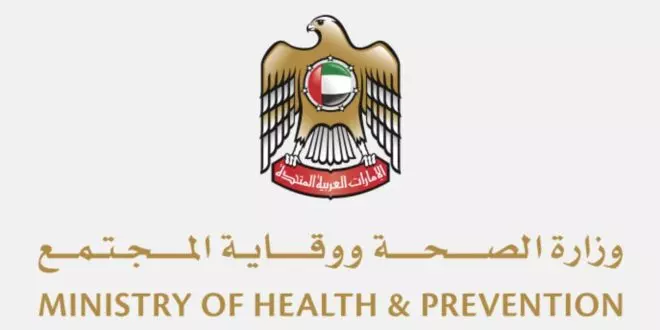
UAE health ministry announces updated abortion regulations
text_fieldsDubai: The UAE's Ministry of Health and Prevention (Mohap) has introduced updated regulations governing abortion procedures, emphasizing the enhancement of patient safety and the strict oversight of healthcare facilities. The revised guidelines, announced on Saturday, establish clear conditions under which abortions can be legally performed, aiming primarily to safeguard the life and health of pregnant women.
Under the new regulations, abortions are allowed only within authorized healthcare facilities and must be conducted by a licensed obstetrician-gynaecologist. The procedures are tightly regulated to ensure they do not exceed the gestational limit of 120 days and are free from medical complications that could endanger the woman's life.
A significant aspect of the updated policy is the formation of dedicated committees within each emirate's health authority. These committees, consisting of an obstetrics and gynaecology specialist, a psychiatry specialist and a public prosecution representative, are tasked with evaluating all abortion requests. They are also empowered to consult with third-party specialists as needed
The committees' decisions are guided by stringent criteria. Abortion is permissible if the continuation of the pregnancy poses a direct threat to the woman’s life, there is no alternative means to save her life, or if there is a severe and proven fetal deformation that would affect the newborn's health and life expectancy. Each case must be substantiated by a detailed medical report from a specialized medical committee.
Additionally, the new framework mandates healthcare facilities to clearly communicate the rights and responsibilities of pregnant women, ensuring they are fully informed about the necessary healthcare requirements before and after the procedure. Facilities are also required to maintain the confidentiality of the women's personal data.
This overhaul follows recent amendments to UAE abortion laws that ease consent rules, particularly in emergencies where the mother's life is critically endangered, allowing immediate surgical interventions without prior consent. These changes mark a significant step towards enhancing maternal healthcare and regulatory oversight in the country.





